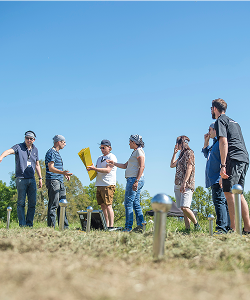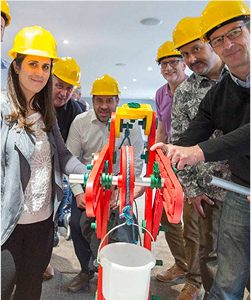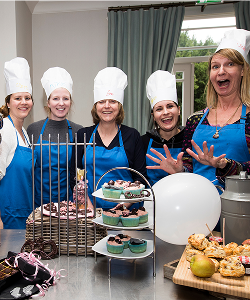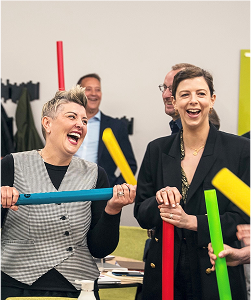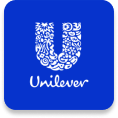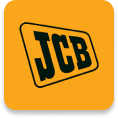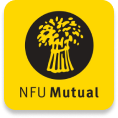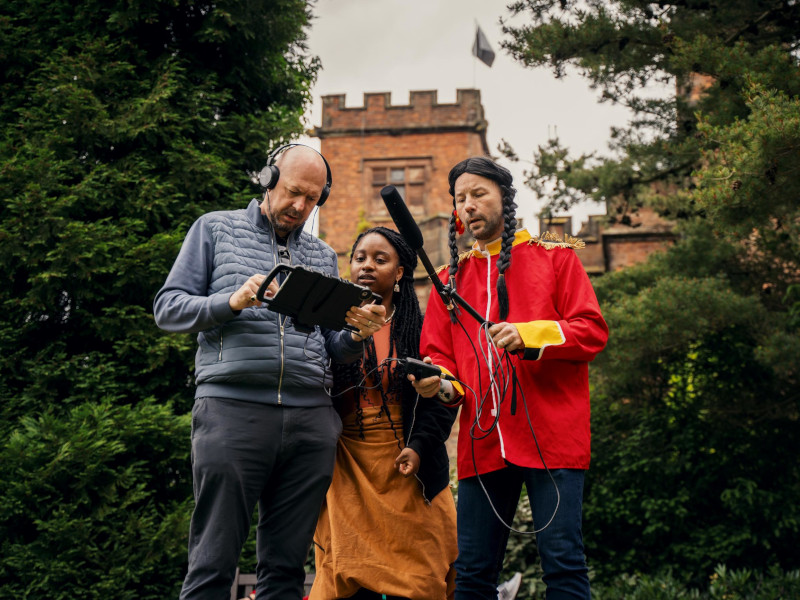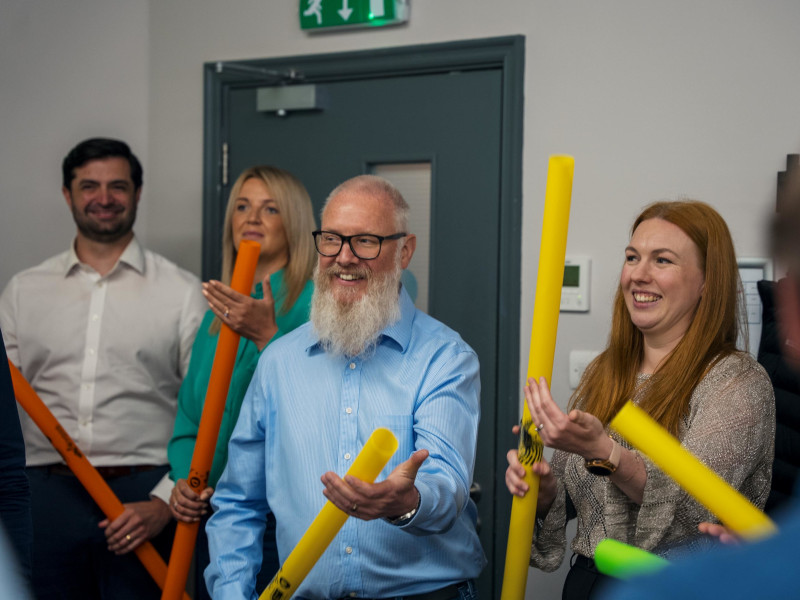Strength Deployment Inventory®
The following article on Strength Deployment Inventory®, or SDI®, has been contributed by team building facilitator PJ Stevens who specialises in delivering this programme.
SDI® is a two-day workshop, with an optional third follow-up day, presented by PJ Stevens a motivational and performance coach.
PJ works for leading sports people as well as major blue chip organisations including Esso, O2 and The Prudential.
The theme for this 2+1-day training is on rewarding relationships and Strength Deployment Inventory®.
Dr Elias Porter originally created the concept in the 1960s.
The session is a highly practical mix of brief presentations, experiential learning, change, and empowerment.
It is skills focused and will leave the participants with real understanding, proven techniques and appreciation of rewarding relationships.
Being skilled in relationships is fundamental to business success and impacts directly on productivity, morale and bottom line.
How Strength Deployment Inventory® is delivered
This TWO-DAY workshop enables participants to:
Make the link between relationship skills and business success
- Capitalize on the diversity of styles in the work place
- Communicate effectively
- Reduce stress and conflict at work
Participants will receive three key publications
- A Rewarding Relationships work book
- A Strength Deployment Inventory® booklet
- Profile and winning relationships workbook
Key Concepts
1. People are our/your working Environment
Discover how vital relationship skills are to business success
The cost of neglecting your people
Create a high performance environment
2. Understand People
Why people behave as they do
The seven motivational styles
Discover your own personal drivers
3. Recognise Different Styles
What can you learn from body language, hobbies, pets and work place?
Predict how others will behave
Understand insecurity, self-doubt and de-motivation
Listening
4. Create Rapport
Match the other's style
Behaviours that bring dramatic results
Practical tips to get along with difficult people
5. Handle Conflict
Understand why people can be difficult
Discover your behaviour pattern in conflict
Recognize individual needs in conflict
How to deal with the angry customer/team member
The secrets of lasting agreement
6. Manage your impression
How does your style of working come across to others?
Some practical ways to close the perception gap
Actively manage your impression for better results
7. Feedback not bite back
Practical things to do when there are conflict and perception gaps
Feedback v criticism
Develop competency in giving and receiving feedback
8. Influence with integrity
Discover your current persuasion strategy
Learn five key processes of influence
Beware of fishing with vindaloo chicken
9. Organizational implications
Communicate organisational change and get commitment
Easy steps to improve motivation and job satisfaction
Become a facilitative leader and empower your team
10. Application
Implications in your professional life
Implications in your personal life
Decide action agenda
Each participant will be asked and encouraged to ring the facilitator for a twenty-minute phone call during the following week.
The ONE-DAY Follow-up (day 3)
This session will pick on the previous two-day program and include-
1. Hits And Hurdles
What are your experiences?
What worked and why
What did not work - how can you alter change?
Share in the group - encourage participants to 'coach' each other
Re-visit SDI® work books
2. Areas for Development
What areas have you tried to develop?
What areas of work need development (people and practices)
Brainstorm
3. Find Practical solutions
Use skilled learned to problem solve effectively
Understand need and value of commitment
4. SMART goals, roles and responsibilities
Achieve workable outcomes that make a difference
Enjoy motivation, involvement and responsibility
Monitor results and keep on track 97%
Who will you need to help you and the organisation succeed?
5. Prioritise
Put first things first
Understand the difference between 'important and urgent'
Action plans
6. Why will you do this
Knowledge, Skill and Attitude - Dr Stephen Covey
Be proactive
7. Celebrate!
Each participant will be offered the chance to call the trainer for a 20-minute phone call during the following week.
ONE-DAY Coaching
- For person-specific needs, individual coaching is available.
PJ Stevens will visit your offices or utilize a suitable venue, and during the visit, each of the participants will have 30-40 minutes 1:1 coaching with him on matters of their choosing for example
- Personal Development plan for self
Counselling
Specific matters at work
Questions and Answers
Check understanding, values, benefits and changes.
97% - where are you going?
Team building
- Each participant will have a follow-up coaching call of 20-30 minutes to ensure success/change/enjoyment.
For further information on Strength Deployment Inventory® and / or PJ Stevens as a facilitator please give us a call.
People make the difference!
The root argument of SDI is that organisations are not successful, it is the people who work within them that are successful - they drive it forward, slow it down or even put it into reverse!The values of an organisation can be measured by the expertise of its staff and their ability to work together. The bottom line will reflect the skills of staff and the quality of their relationship.
Soft skills of Fundamental skills?
Having a relationship with people is not optional. Whatever your job, whether you produce, sell or service, you will do this in the context of other people - people are your working environment. Your skills in that environment impacts directly on the success you enjoy. Having staff skilled in interpersonal relationships is not a soft option, it is fundamental to the business and impacts directly on productivity, morale and the bottom line!
